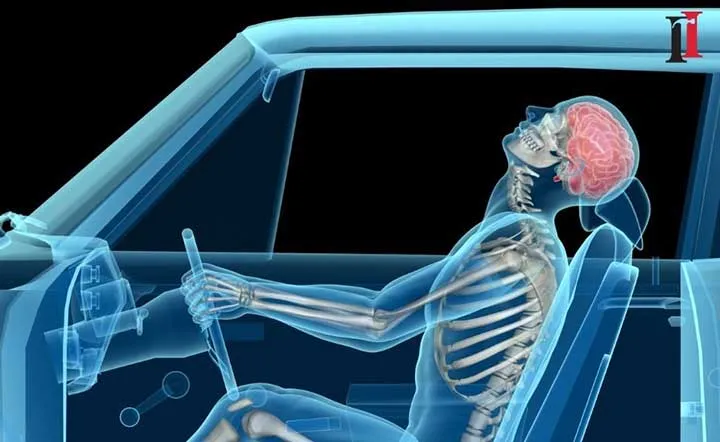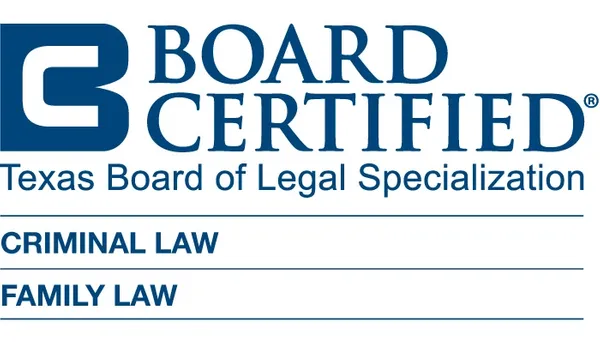
Rear end collisions are very common. There are about 1.7 million rear-end collisions on U.S. roadways each year. The National Highway Traffic Safety Administration which found that 87 percent of rear-end collisions happened because the driver simply wasn’t paying attention to the road. The NTSB said that cell phones and other non-driving related systems in cars contributed to that distraction. According to the National Highway Transportation Safety Administration, rear-end crashes are the most frequently occurring type of collision, accounting for approximately 29 percent of all crashes and resulting in a substantial number of injuries and fatalities each year. Rear-end collisions in which the lead vehicle is stopped or moving very slowly prior to the crash account for the majority of these crashes. Read end collisions are one of the leading causes of whiplash injuries.
Put simply, whiplash from rear end car accidents means the ligaments and tendons in the neck are sprained during a whiplash injury because they have been overstretched. Even though the neck has not been broken, it may sometimes take several months for everything to heal. According to Mayo Clinic, “whiplash is a neck injury due to forceful, rapid back-and-forth movement of the neck, like the cracking of a whip. Whiplash most often occurs during a rear-end auto accident, but the injury can also result from a sports accident, physical abuse or other trauma.”
Common signs of whiplash include:
- Pain
- Muscle spasms
- Decreased range of motion
- Headache
- Stiff neck
- Fatigue
- Anxiety
- Memory disturbances
Treatment of whiplash can include the following:
- Rest. Rest may be helpful during the first 24 hours after injury, but too much bed rest may delay recovery.
- Heat or cold. Either heat or cold applied to the neck for 15 minutes up to six times a day can help you feel better.
- Over-the-counter pain medications. Over-the-counter pain relievers, such as acetaminophen (Tylenol, others) and ibuprofen (Advil, Motrin IB, others), often can control mild to moderate whiplash pain.
- Prescription medications. People with more-severe pain may benefit from treatment with certain antidepressant drugs that have been shown to relieve nerve pain.
- Muscle relaxants. Short-term use of these drugs may be recommended to loosen tight muscles and soothe pain. The medicine also can make you feel sleepy. It may be used to help restore normal sleep if pain prevents you from getting a good night's rest.
- Injections. An injection of lidocaine (Xylocaine) — a numbing medicine — into painful muscle areas may be used to decrease pain so that you can do physical therapy.
Accidents happen. That is a fact of life. When they do, the law provides a way for you to recoup your damages for lost earnings, damage to vehicle, medical bills, as well as compensation for pain and suffering. If you or a loved one have been injured in an auto accident, contact The McAllen Personal Injury Lawyer today for a free consultation at 956-501-6565. You will always speak to me directly.
